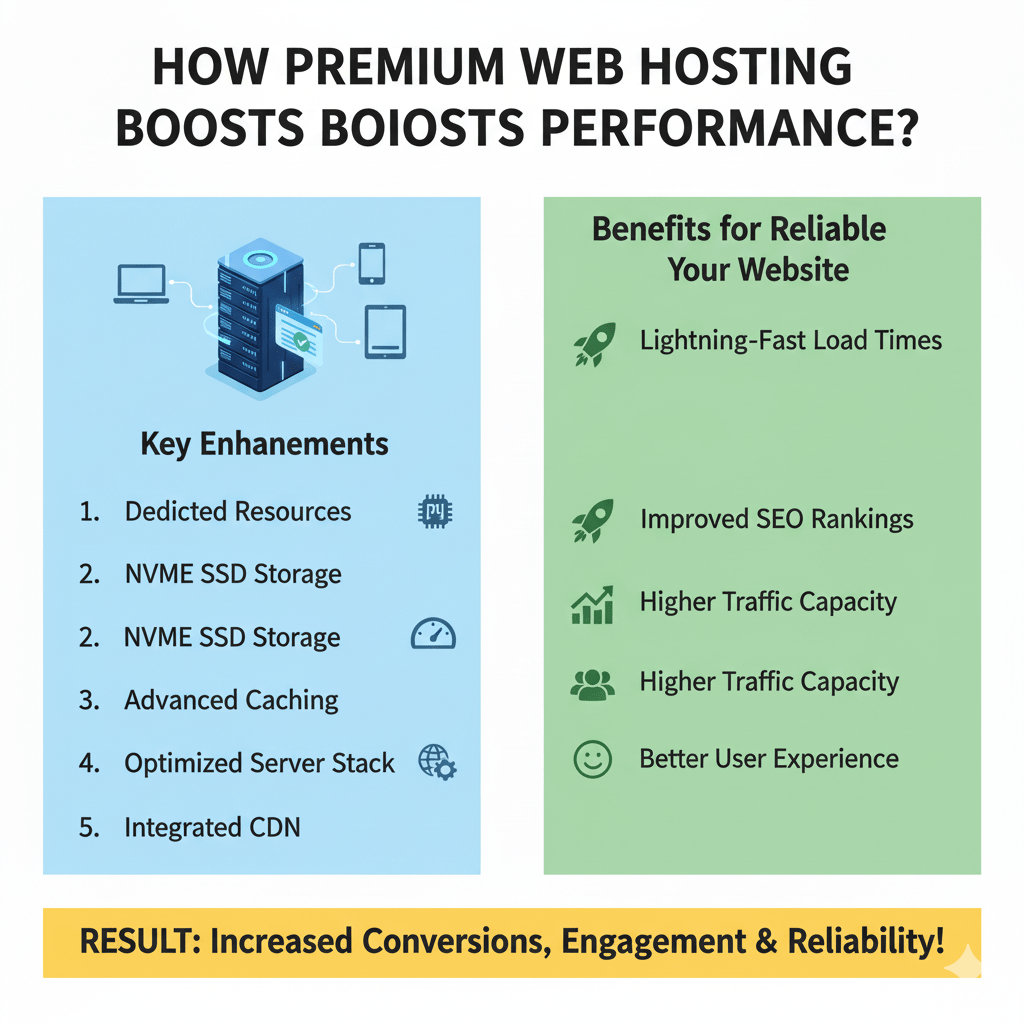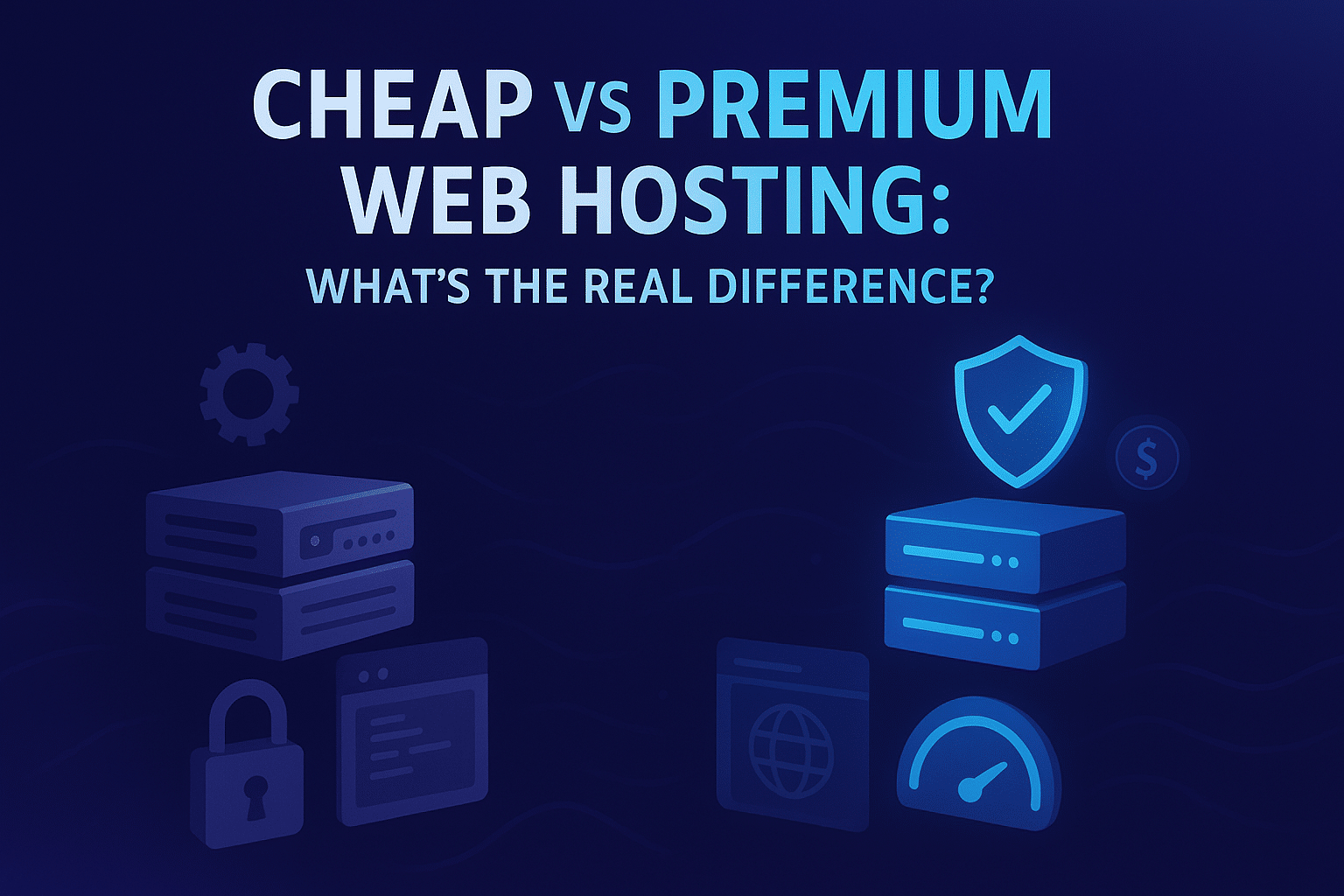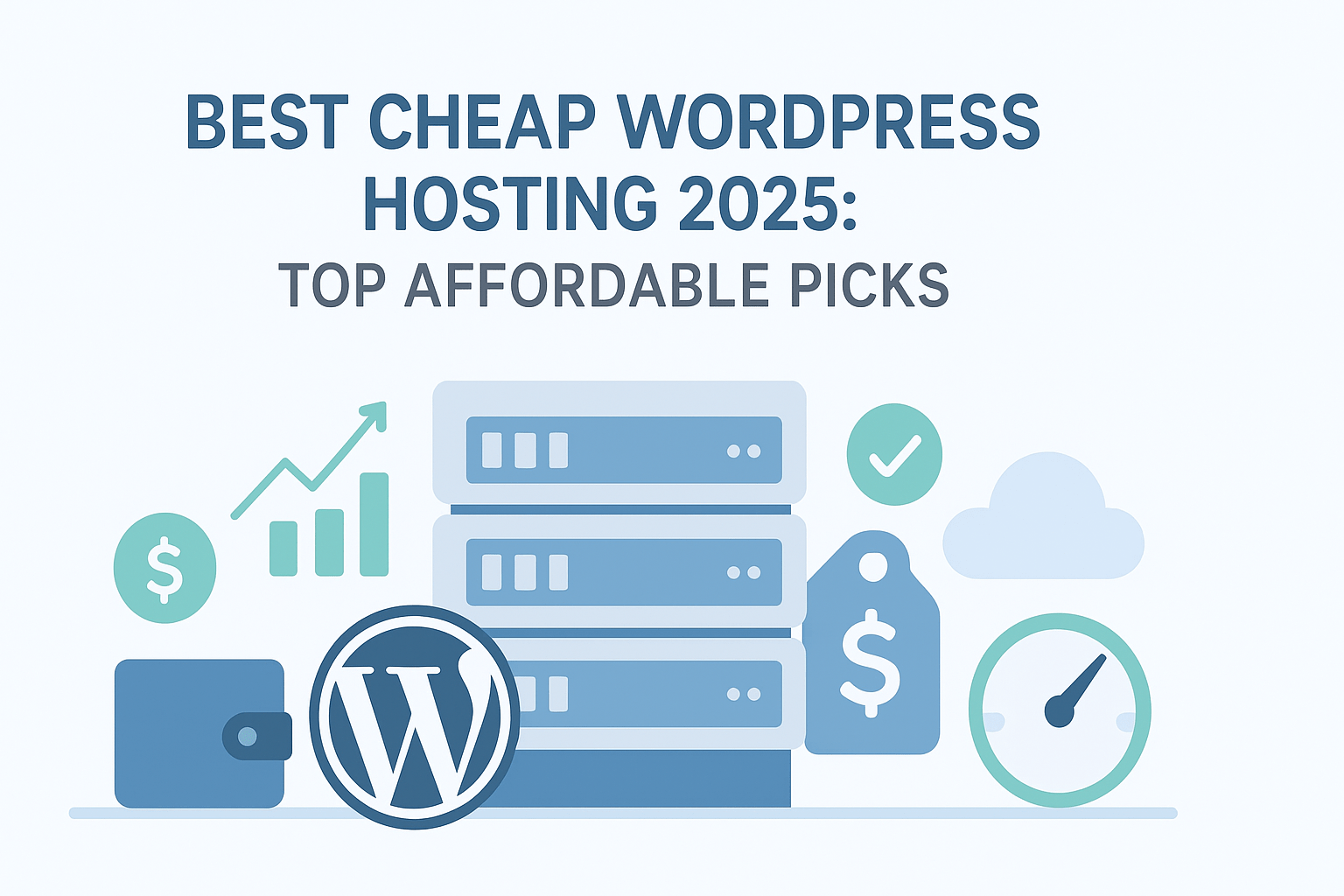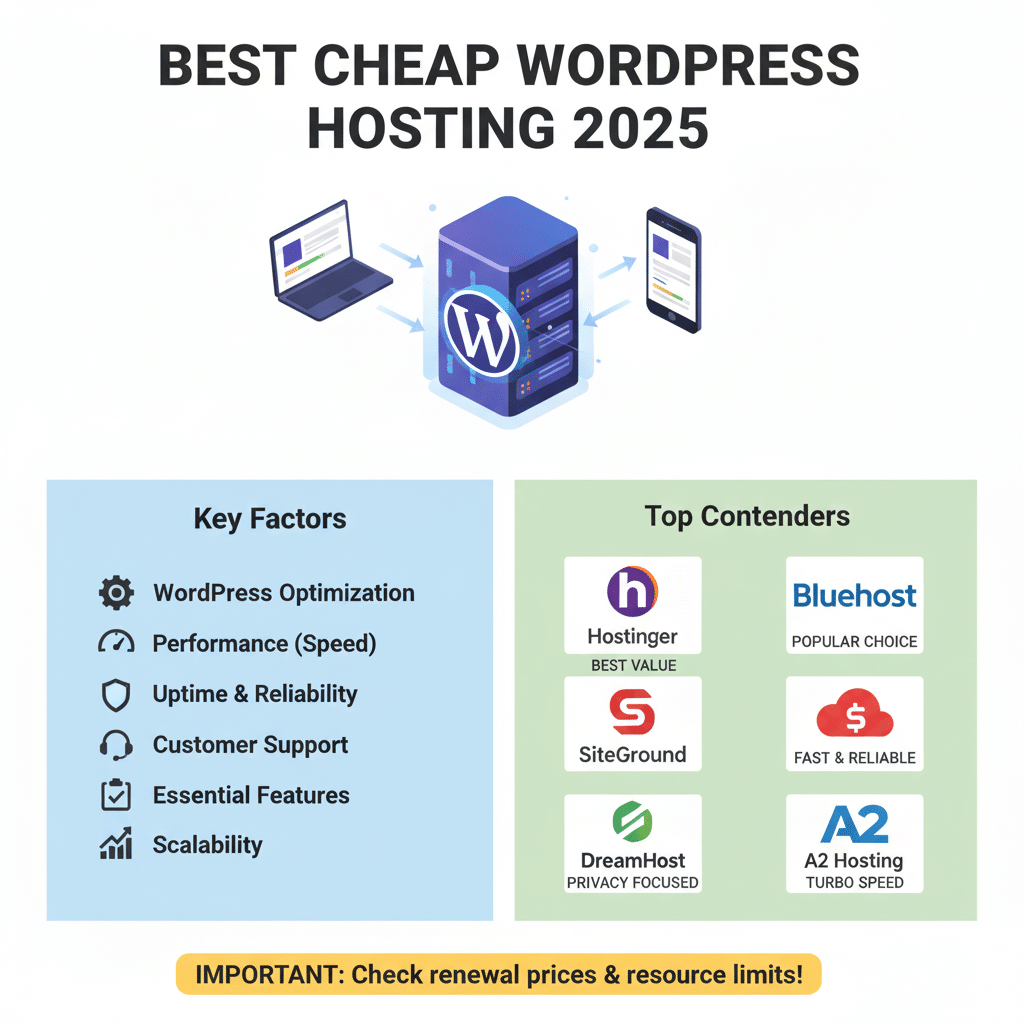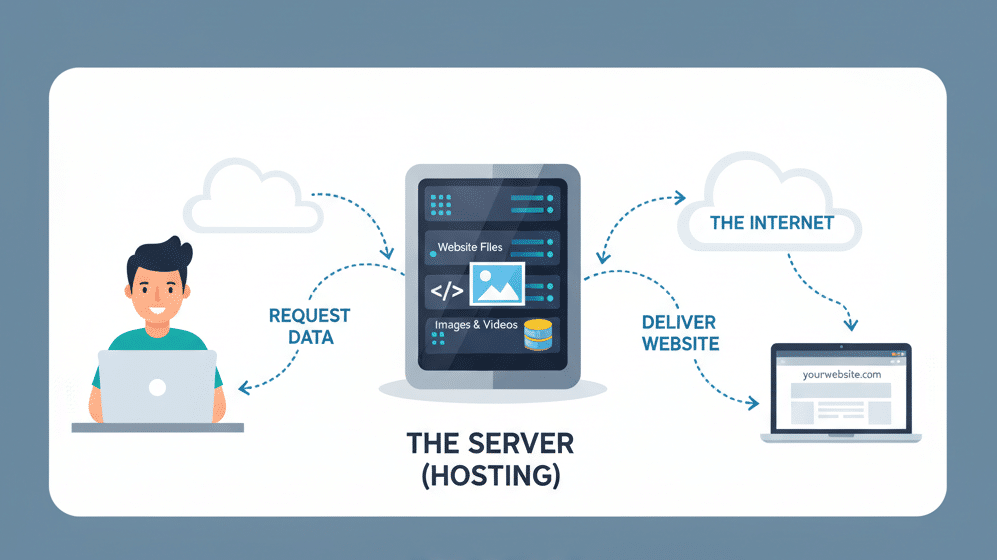Ransomware Attacks: A Growing Threat to Your Digital Presence in 2025
Ransomware attacks are becoming increasingly sophisticated, targeting websites of all sizes and significantly impacting businesses across industries, especially in software and IT. Protecting your website from these cyber threats isn’t just an IT concern; it’s crucial for maintaining your brand reputation, safeguarding customer data, and ensuring the longevity of your online digital marketing strategies. This post will delve into the latest threats and provide practical steps to bolster your website’s security, focusing on robust hosting protection and resilient SEO best practices.
Understanding the Ransomware Threat Landscape
Ransomware attacks pose a serious concern for websites, particularly those relying heavily on search engine optimization for organic traffic. A successful compromise can lead to substantial financial losses, severe reputational damage, and even legal repercussions. Key elements of the current threat landscape include:
- Data breaches are becoming more frequent, underscoring the critical need for proactive security measures.
- Phishing attacks are commonly used to trick users into revealing sensitive information, often serving as an initial entry point for ransomware.
- Malicious code injection can disrupt website functionality, compromise user data, and spread malware throughout your online infrastructure.
The Impact on Digital Marketing Efforts
A ransomware attack can severely damage ongoing digital marketing campaigns. Websites that rely heavily on SEO strategies to attract organic traffic may face significant challenges, as search engines often penalize or even de-index compromised sites. Ultimately, even the most meticulously planned SEO techniques to drive traffic become useless if your website is down, inaccessible, or flagged as dangerous due to a ransomware incident.
Hosting Protection Strategies for Website Owners
Robust hosting protection is the cornerstone of website security. This extends beyond mere technical solutions to encompass a comprehensive, multi-layered strategy. A reliable hosting provider can serve as your first line of defense against many common threats. Here are essential strategies:
- Regularly scan your website for malware and vulnerabilities. Proactive scanning helps identify and patch potential security weaknesses in your code and configuration before they can be exploited.
- Regularly update all software, themes, and plugins (e.g., your CMS like WordPress, Joomla, etc.) to patch known security holes and benefit from the latest protections.
- Implement robust firewalls (both web application firewalls – WAFs – and network firewalls) and intrusion detection/prevention systems (IDS/IPS) to block malicious traffic.
- Implement strict access control and strong user authentication policies (e.g., Two-Factor Authentication) for your website’s administration panel and all critical systems.
- Regular backups of your website data are absolutely vital. Store backups securely and off-site, and regularly test your recovery process to ensure rapid restoration in case of an attack.
- Educate your team on common cyber threats, such as phishing, social engineering, and suspicious links, to prevent human error from becoming a critical security vulnerability.
Optimizing SEO Strategies for Resilience
“Strong SEO strategies are essential for a successful online presence. They should also explicitly include steps to prevent ransomware from impacting your efforts and to facilitate rapid recovery.” – Jane Doe, SEO Expert
Implementing SEO techniques that enhance website resilience against cyber threats can significantly minimize the negative impact of an attack and accelerate recovery. This proactive approach is an integral part of a comprehensive security strategy:
- Utilize SEO tools for continuous website monitoring to detect unusual activity, sudden drops in traffic, or unauthorized content additions that could signal a compromise.
- Conduct regular SEO analysis and technical audits to identify broken links, suspicious redirect chains, or unexpected external links that could be leveraged by attackers or indicate a past breach.
- Maintain a clean sitemap and robots.txt file to ensure search engines are indexing only legitimate and secure content, preventing malicious pages from gaining visibility.
- Focus on building strong domain authority and trust signals through quality content and ethical link-building. An authoritative site may recover faster in search rankings post-incident compared to a less established one.
Real-World Example: The ABC Company Case Study
The ABC Company, a medium-sized e-commerce business, experienced a devastating ransomware attack that crippled their website for several weeks. The resulting loss of sales and severe reputational damage were considerable. In the aftermath, they made significant investments in proactive security measures, including upgrading to robust hosting services with advanced protection features. Critically, implementing effective keyword planning tools and swift SEO analysis helped them identify compromised pages and quickly re-optimize their content for recovery once the site was restored. This incident powerfully demonstrates the importance of a proactive approach to website security, selecting the right hosting partner, and leveraging proper SEO analysis to mitigate the impact of cyberattacks.
Further Tips for Enhanced Website Protection
- Employ a layered security approach, combining multiple security tools and strategies to create a robust, multi-faceted defense system against various threats.
- Keep all your security software, protocols, and website components (CMS, plugins, themes) rigorously current and up-to-date.
- Regularly review and update your website’s access permissions, ensuring the principle of least privilege is applied to all users and systems.
Maintaining Your Online Visibility and Brand Reputation
Protecting your website through robust hosting and resilient SEO strategies is paramount. It ensures the continuity of your online presence, safeguards your brand reputation, and ultimately drives the sustained success of your digital marketing efforts. A secure website is a credible website, fostering trust with both users and search engines, which is invaluable for long-term growth.
Conclusion
Protecting your website from ransomware attacks in 2025 demands a multi-faceted approach. This comprehensive strategy must encompass robust hosting security, effective SEO strategies that build resilience and aid recovery, and a proactive stance on vulnerability management. In today’s dynamic threat landscape, a proactive approach is not merely a best practice; it is an absolute necessity for survival and growth in the digital sphere.
By diligently implementing the strategies outlined in this blog post, you can significantly mitigate risks, safeguard your business assets, and ensure the continued success of your online marketing campaigns.
Contact our software experts today for a free consultation. Learn how to protect your website and enhance your SEO strategy against the evolving threat of ransomware attacks. https://symhost.net/


